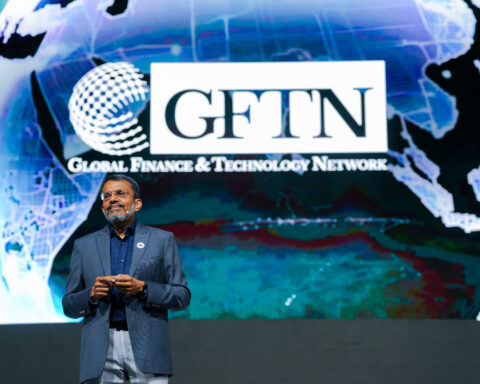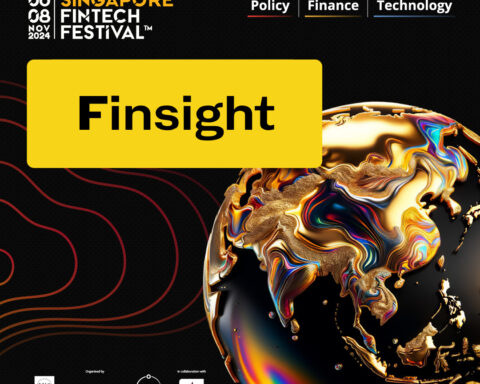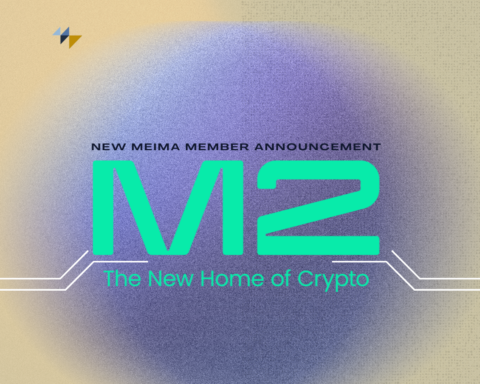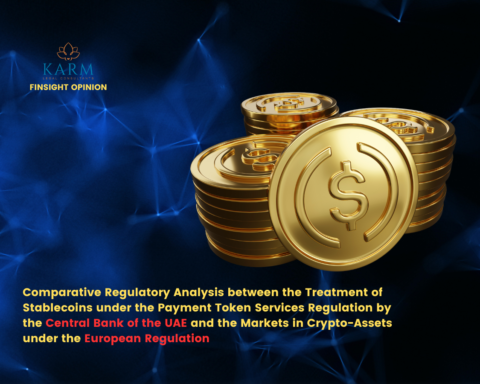Beijing’s Web3 White Paper and Hong Kong’s Crypto Regulations Provide Hope Amidst Global Regulatory Uncertainty
In a significant development for the digital asset industry, Beijing has released a white paper titled “Web3 Innovation and Development,” outlining its plans to foster innovation and advance the Web3 ecosystem. This move coincides with the recent introduction of new regulations for digital assets in Hong Kong, sparking renewed interest in China’s stance on cryptocurrencies and blockchain technology.
The white paper, unveiled by the Beijing Municipal Science and Technology Commission at the Zhongguancun Forum, acknowledges Web3 technology as an “inevitable trend for future Internet industry development.” With a vision to establish Beijing as a global innovation hub for the digital economy, the commission has committed to allocating a minimum of 100 million yuan ($14 million) annually until 2025. This investment underscores China’s ambition to position Zhongguancun, often referred to as China’s Silicon Valley, at the forefront of technological advancements.
China’s stance on digital assets has been characterized by a ban on cryptocurrency usage since 2021. However, with the release of the Web3 white paper, China appears to be signaling a potential shift in its approach to the crypto industry. The recent coverage of cryptocurrencies on state-owned China Central Television, featuring the Bitcoin logo and a Bitcoin ATM in Hong Kong, further adds to the speculation.
In the midst of global regulatory crackdowns on cryptocurrencies, Hong Kong has taken a contrasting approach. The city’s Securities and Futures Commission (SFC) has introduced new rules for “Virtual Asset Trading Platform Operators,” allowing licensed exchanges to sell highly liquid cryptocurrencies to retail investors. This move aligns with Hong Kong’s historical role as a gateway to mainland China’s markets and its enthusiasm for adopting blockchain technology.
To gain insights into the significance of these developments, we reached out to Ben Caselin, Chief Strategy Officer of MaskEX, for expert commentary. Caselin said: “For many years already, Hong Kong has been of global significance to the crypto ecosystem. In recent years, its position has been uncertain, but its recent opening up to Web3 – in other words, the digital assets economy – has put the city back on the world stage. Such a move could not have been made without the endorsement from Beijing, which is confirmed by recent reporting on Web3 by Chinese media outlets. While in the Chinese mainland activities involving digital assets remain strained, arguably in a concern of undesired outflow, Hong Kong’s opening up can be seen as a strategy to reinvigorate the Greater Chinese economy and elicit inflow and talent, and to stay competitive. This is good news for the region, especially given the regulatory stalemate in the US.“
The alignment between Beijing’s white paper and Hong Kong’s crypto regulations signifies a growing recognition of the potential benefits of digital assets. By establishing clear guidelines and safeguards for investors, Hong Kong aims to strike a balance between customer safety and fostering innovation in the virtual asset industry.
As the digital asset market continues to mature, institutional and retail adoption is expected to increase. The coordinated efforts of Beijing and Hong Kong in embracing Web3 and digital assets provide new opportunities for businesses and investors alike.
With Hong Kong’s proactive approach and China’s evolving stance, the region has the potential to become a thriving hub for digital asset innovation, offering a promising alternative for those navigating the rapidly changing global regulatory landscape.
Disclaimer: The information in this article is for informational purposes only and should not be construed as investment or financial advice. Always conduct your own research and consult with professionals before making any investment decisions.













